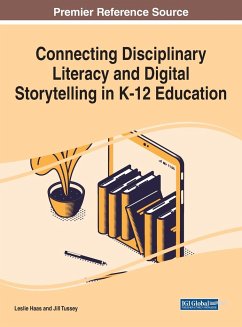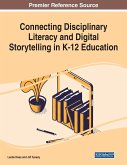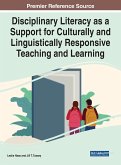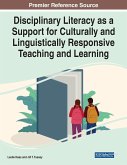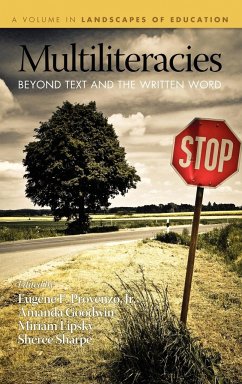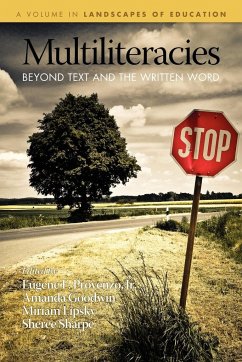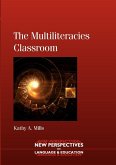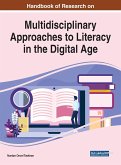The idea of storytelling goes beyond the borders of language, culture, or traditional education, and has historically been a tie that bonds families, communities, and nations. Digital storytelling offers opportunities for authentic academic and non-academic literacy learning across a multitude of genres. It is easily accessible to most members of society and has the potential to transform the boundaries of traditional education. As concepts around traditional literacy education evolve and become more culturally and linguistically relevant and responsive, the connections between digital storytelling and disciplinary literacy warrant considered exploration. Connecting Disciplinary Literacy and Digital Storytelling in K-12 Education develops a conceptual framework around pedagogical connections to digital storytelling within K-12 disciplinary literacy practices. This essential reference book supports student success through the integration of digital storytelling across content areas and grade levels. Covering topics that include immersive storytelling, multiliteracies, social justice, and pedagogical storytelling, it is intended for stakeholders interested in innovative K-12 disciplinary literacy skill development, research, and practices including but not limited to curriculum directors, education faculty, educational researchers, instructional facilitators, literacy professionals, teachers, pre-service teachers, professional development coordinators, teacher preparation programs, and students.

